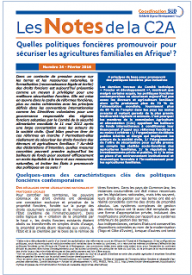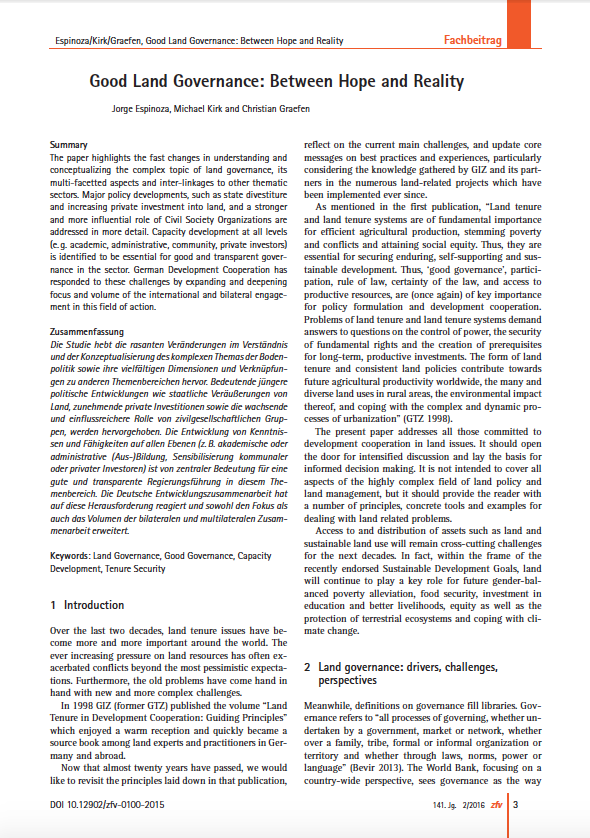Impact of European Union Membership on Agriculture and Rural Development in Newly Acceded Member States
This Policy Note looks at impacts of European Union accession on agriculture and rural sectors, taking into account specific sectoral features and policy choices pre- and post-accession. The most important lesson learned from recently acceded member states is that policy choices before accession will largely determine whether the agriculture sector will be able to fully reap the benefits of EU membership, by expanding trade, or will struggle in the face of increased market pressure.





